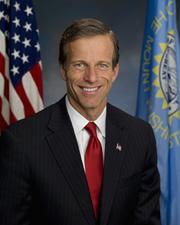0
RESTRICT Act
1/9/2024, 5:15 AM
Congressional Summary of S 686
Restricting the Emergence of Security Threats that Risk Information and Communications Technology Act or the RESTRICT Act
This bill requires federal actions to identify and mitigate foreign threats to information and communications technology (ICT) products and services (e.g., social media applications). It also establishes civil and criminal penalties for violations under the bill.
Specifically, the Department of Commerce must identify, deter, disrupt, prevent, prohibit, investigate, and mitigate transactions involving ICT products and services (1) in which any foreign adversary (such as China) has any interest, and (2) that pose an undue or unacceptable risk to U.S. national security or the safety of U.S. persons.
Additionally, Commerce must identify and refer to the President any covered holding (e.g., stock or security) that poses an undue or unacceptable risk to U.S. national security or the security and safety of U.S. persons. If the President determines that the holding poses such a risk, the President may compel divestment of or otherwise mitigate the risk associated with the holding.
Commerce may (1) designate any foreign government or regime as a foreign adversary upon a determination that the foreign government or regime is engaged in a long-term pattern or serious instances of conduct significantly adverse to U.S. national security or the security and safety of U.S. persons, and (2) remove such a designation. Commerce must notify Congress before making or removing a designation; these actions are subject to congressional disapproval.
The bill outlines (1) enforcement mechanisms, including actions by the Department of Justice; and (2) civil and criminal penalties for violations.





